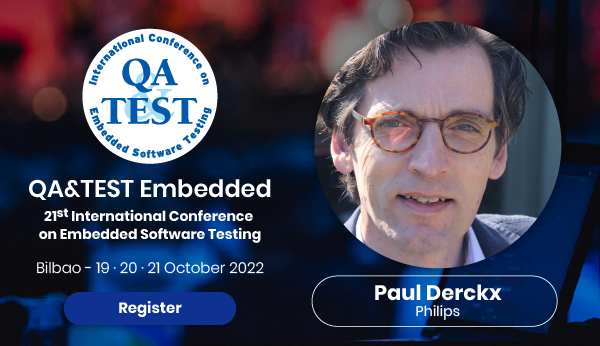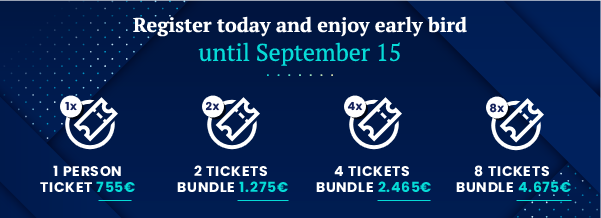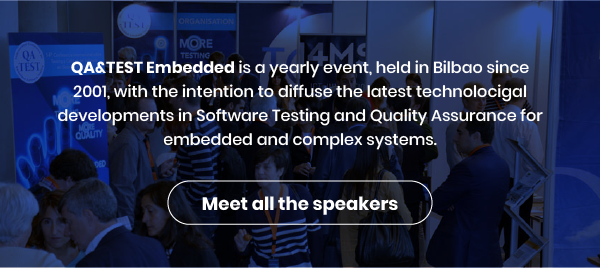|
|
How are ML and AI are helping to boost our verification efficiency and effectiveness? |
|
Products are getting more and more complex and so is the program landscape. Besides dealing with increasing complexity, there is a need to comply with many regulatory requirements which translates into new and more stringent requirements, demands and challenges on integration and verification activities. To address these challenges, Philips has used Machine Learning and Artificial intelligence to become smarter and more effective in testing. As part of its continuous improvement activities, the company is working to reduce verification lead time by 50 while increasing test and configuration coverage. In this presentation, Paul Derckx will share what they have already implemented, the results achieved so far and their plans for the future. Paul Derckx Paul Derckx has more than 30 years of experience in the high-tech industry, of which 25 years in the testing domain. Working for different companies and organizations in the Netherlands, Paul has developed broad experience in test engineering, test management and test architecture. In 2005 he joined Philips where he has held several positions in the MR R&D organization. Paul is currently leading the global System Integration and Verification department, with teams in Best (Netherlands), Bangalore and Pune (India) and Suzhou (China). Paul holds a Master Degree in Electrical Engineering (Measurement & Control) from Eindhoven University of Technology. Paul is a regular speaker at quality/testing conferences and is a yearly guest lecturer at the Vrije Universiteit (VU) Amsterdam. In this presentation you will get to know how Philips has used ML and AI to improve its verification activities. |

|
|
|
|



